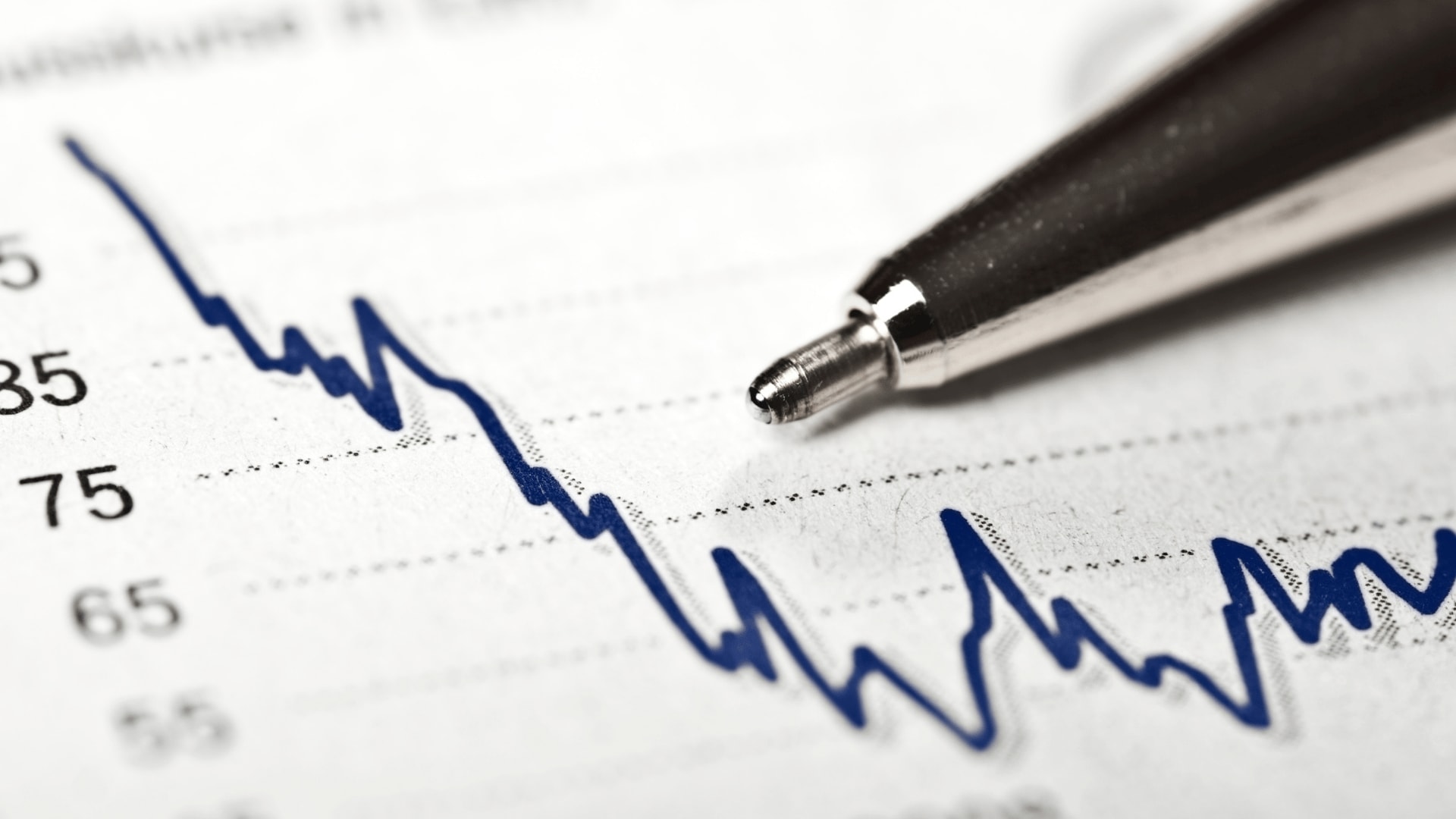Is Spain Developed? 9 Criteria and where Spain Ranks in the World
November 25, 2022
Win a FREE Trip to Spain!
Exciting Announcement! For the first time, we're thrilled to offer exclusive trips to the heart of Spain - an experience like no other. This isn't your typical tourist journey; it's a unique opportunity to immerse yourself in authentic Spanish culture, alongside real locals and our passionate team.
But there's more! Simply by requesting information about this amazing trip, you'll be entered into a special draw to win a Fully Paid Trip to Spain for Two. And that's not all - everyone who inquires will receive an exclusive bonus gift, valued at $500, available only now.
Ready to Discover the Real Spain?Click Here ↑ to Request Information & Enter the Draw!
What country qualifies as “developed”? After reading this question, I bet many names popped into your mind. The US, Finland, Sweden, etc.
This is true. Many of these countries occupy the first position of almost every existing rank. But do you know why? Do you know the criteria that all of these countries meet to ALWAYS rank high?
In this article, I will share with you the criteria experts have created to rank a country’s level of development. And, of course, what position does Spain occupy in the world rankings.
If the criteria you have in mind is the GDP, you got only one out of nine correct! There are far more, and I bet you’ll learn a LOT of new things today.
Table of Contents ▼ ▶
Is Spain considered a developed country?
What is considered a developed country?
Before determining if Spain is a developed country, let’s find out the definition behind “development” and what criteria global organizations set to rank a country as developed.
I hope this doesn’t surprise you, but there is no fixed, universal definition for “developed countries.” Actually, until the mid-twentieth century, only the economy was used as the reference frame to define the level of development of a country. Today that has changed entirely as researchers add new ways to measure development, such as through Happiness, inequality, quality of life, and more.
Some countries are obviously first-world, economically- developed nations like the United States, with the largest economy in the world. However, they have a ranking of sixteenth on the Happiness Index, and their safety index is considered moderate. So, as you may notice, “development” can be framed differently and will depend on the aspects that matter the most to the person analyzing them.
In general terms, Spain is a developed country because it outperforms several essential criteria, but there is always room to improve, and that is what we’ll see in this article.
So, the criteria categories that will frame Spain’s level of development are five economic development, human development, gender inequality index, better life index, and happiness index.
Economic Development

1. What is Spain’s GDP?
The GDP, or Gross Domestic Product, estimates the monetary value of an economy’s final goods and services to measure the economy’s strength. It considers four main aspects: imports and exports, business investments, government spending, and personal consumption.
Spain has the fifth largest GDP in Europe with 1,2 million euros and predicted annual growth of 5.6%; in addition, it occupies 34th place worldwide for GDP per capita.
Source: Worldometer and Statista
2. Is Spain a country with economic freedom?
Spain has a mixed capitalist economy, which means that the country has a variety of private freedom with centralized economic planning from government regulation. Also, Spain has an Economic Freedom Index of 62, occupying position 26 worldwide.
In addition, to have a complete frame of what economic freedom means, you should know that it is based on personal choice, voluntary exchange coordinated by markets, freedom to enter and compete in markets, and the protection of persona and their property from others’ aggression.
Source: The Global Economy
3.What is Spain’s level of infraestructure?
Spain has one of the best and most reliable infrastructures in the world. Ranked number seventh by the World Economic Forum, with a score of 90.3, Spain remains within the top thirty for their investment in railroads, linear shipping connectivity, road connectivity, and road quality.
Source: The Global Competitive Report
4. What are Spain’s main exports and imports?
The top exports of Spain are:
- Cars and motorcycles ($32B and. $9.14B).
- Pharmaceuticals ($11.6B).
- Refined petroleum ($7.77B).
- Pig meat ($6.46B).
- Pure olive oil ($3.26B).
The main buyers are France, Germany, Portugal, Italy, and the United Kingdom.
The top imports of Spain are:
- Crude oil ($23 B) from countries like Nigeria, Mexico, Russia, Iraq, and Saudi Arabia.
- Steel. Spain has imported a total of eleven million metric tons of steel.
- Clothing and textile; Spain is the world’s sixth most significant textile important. Getting their beautiful pieces from China, Morocco, Portugal, Bangladesh, and Turkey.
Source: OEC
If you want to know more about Spain’s businesses and sucessful ideas, check this out!
7 Best Business in Spain & 5 Steps you must know for your new venture
Human Development Index

The Human Development Index is a “single composite measure of a nation’s longevity, education, and income and is widely accepted in development discourse” (United Nations Development Program). The UN seeks to measure beyond the economy to analyze the state of human physical and educational well-being; it uses three main aspects: life expectancy, education, and GDP.
We already went through Spain’s GDP, and economic development will now focus on life expectancy and education. In general, Spain’s HDI is very high, occupying the place 27 out of 191 countries.
5. What is Spain’s life expectancy?
Spain’s average life expectancy is 84 years out of the 85 years old established by the HDI. Similar to this measure, the Better Life Index from the OECD Spain keeps the average of 84 years of life expectancy, outperforming the 81 years estimated by the OECD.
A high life expectancy is also an indicator of the successful healthcare system in the country, which also outperforms the average percentages established by the OECD.
6. What is Spain’s level of education?
Spain’s level of education is not the highest, as the percentage of people graduating from upper secondary education is 16% less than what the OECD considers adequate.
Only 63% of adults aged 25-64 finish upper secondary education, which means that Spain underperforms compared to the OECE minimum average of 79%. Nevertheless, Spain still holds a high position in the latest education rankings, occupying position 17 ahead of Belgium, Ireland, and Portugal.
Source: HDI, Better Life Index, World Population Review
Better Life Index

7. What is Spain’s quality of life?
In general terms, Spain has a high quality of life, outperforming in aspects of well-being such as work-life balance, health, social connections, and safety. Nevertheless, there are other criteria like jobs, education, and life satisfaction in which it underperforms compared to the established measures of the OECD.
Even though the word “underperforms” sounds harsh. Spain isn’t actually that bad. When the country scores lower than what is desired is usually just by a little difference.
If you want to know about Spain’s quality of life in more detailed, visit the following posts!
Why Spain Has the Best Quality of Life: 11 OECD Criteria
The Best City in Spain according to your different wants and needs
Happiness Index

8. Are people in Spain happy?
The World Happiness Report was adopted by the United Nations, whose purpose is to present the level of happiness in each country. The index considers six factors to measure happiness: GDP per capita, social support, healthy life expectancy, freedom to make choices, generosity, and perceptions of corruption. Spain occupies position 29 in the World Happiness Ranking with an index of 6.4 over 10. Spain goes ahead of Italy and Portugal, being the main two factors of happiness the GDP per capita and the perceived social support in the country.
Source: World Happiness Index
Gender Equality Index

9. Is there gender equality in Spain?
Spain occupies position 14 in the Gender Inequality Index (GII) worldwide. To measure gender inequality, this index covers three main aspects: reproductive health, empowerment, and the labor market.
Likewise, in the European Institute of Gender Equality (EIGE), Spain accomplished an index of 74.6 over 100, a point less than last year. Still, it achieved a high score compared to other countries in the European Union.
Twenty-seven countries have participated in the yearly study of the EIGE, and Spain comes sixth after Sweden, Denmark, Netherlands, Finland, and France. The aspects that the EIGE looks into are power, health, knowledge, money, and time, in which Spain has a score of less than seventy in two. I will link you to the source below if you want to know more!
Source: GII (Statista) and EIGE
That’s it! Did you know any of these indexes? Or did you know that gender equality is now a criterion for the level of development in a country? There is much more than the economy of a country; as you have read, Spain is doing pretty well.
Spain is a developed country with room to grow and improve, but we are on the right track. I hope this article and the links were of help, and if you like to read about the economy and business, I encourage you to click below!











